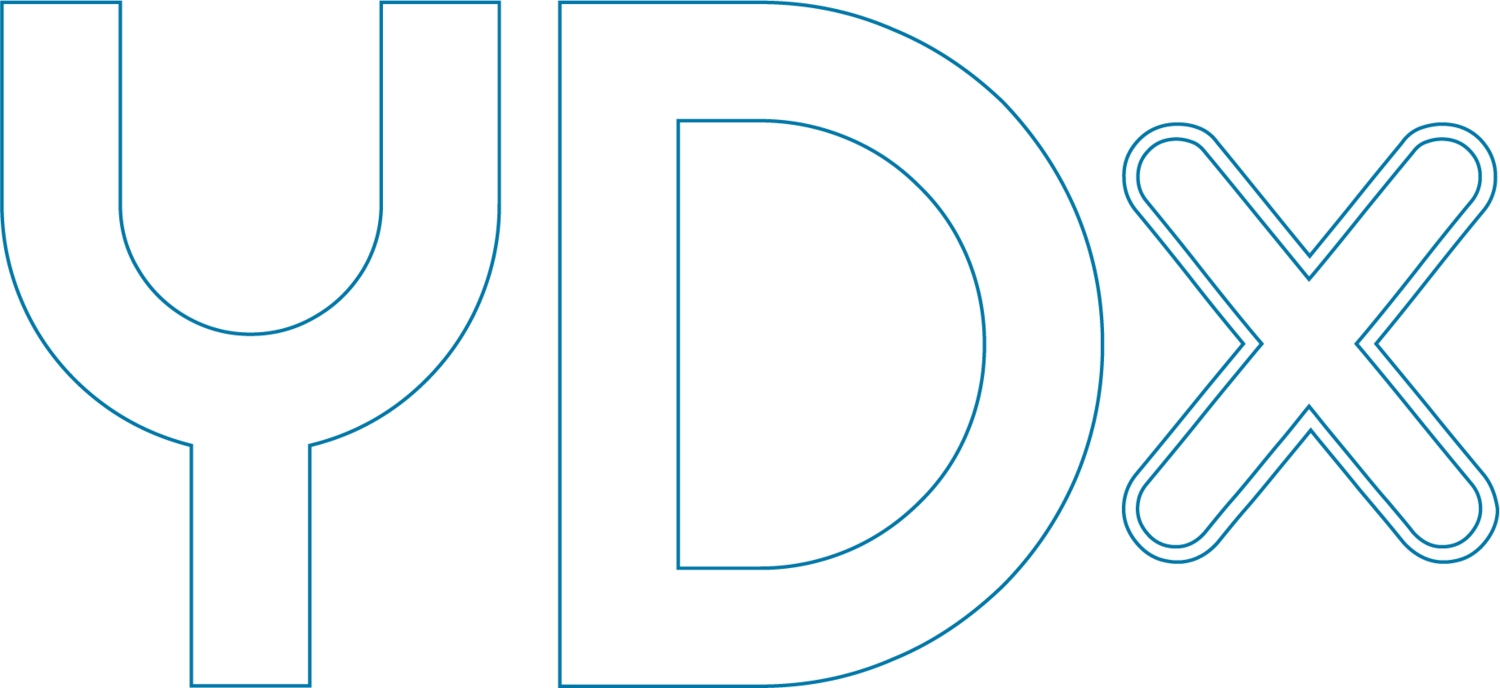The Power of South African Youth
Size, Spend And Influence: With 64% of South Africa's population under the age of 34, controlling a combined spending power of R303 billion, these generations are the largest and most impactful to date, influencing not only their families but society as a whole.
Importance Of Family: Gen Zs and Millennials place family at the centre of their lives, valuing quality time and remaining close-knit.
• 61% of individuals aged 18 to 34 are still living with a family member.
• These generations play a crucial role in family decision-making, with 14% contributing financially and 13%covering household bills and expenses.
Changing Decision-Making Process: There has been a major shift: Younger generations are shifting away from a traditional, linear decision-making journey. Instead, their consumer journey is becoming more cyclical, almost like a “spider-web” - dynamic and interconnected.
• They don't just consume brands: they critique and advocate for them.
• These youth ProSumers are powerful ambassadors, with 64% of young adults likely to leave a negative review or cancel a product or service they are dissatisfied with.
Authenticity Seekers: In a world full of scams, fakes, and uncertainty, younger generations actively seek genuine and truthful interactions in every aspect of their lives.
Extreme Sceptics: 60% of Gen Z believe most people cannot be trusted, making authenticity key to building trust. They want to engage with people and brands that are real, honest, and transparent.
Different Brand Expectations: These generations have higher expectations from brands, constantly questioning the status quo and challenging companies to think outside the box.




